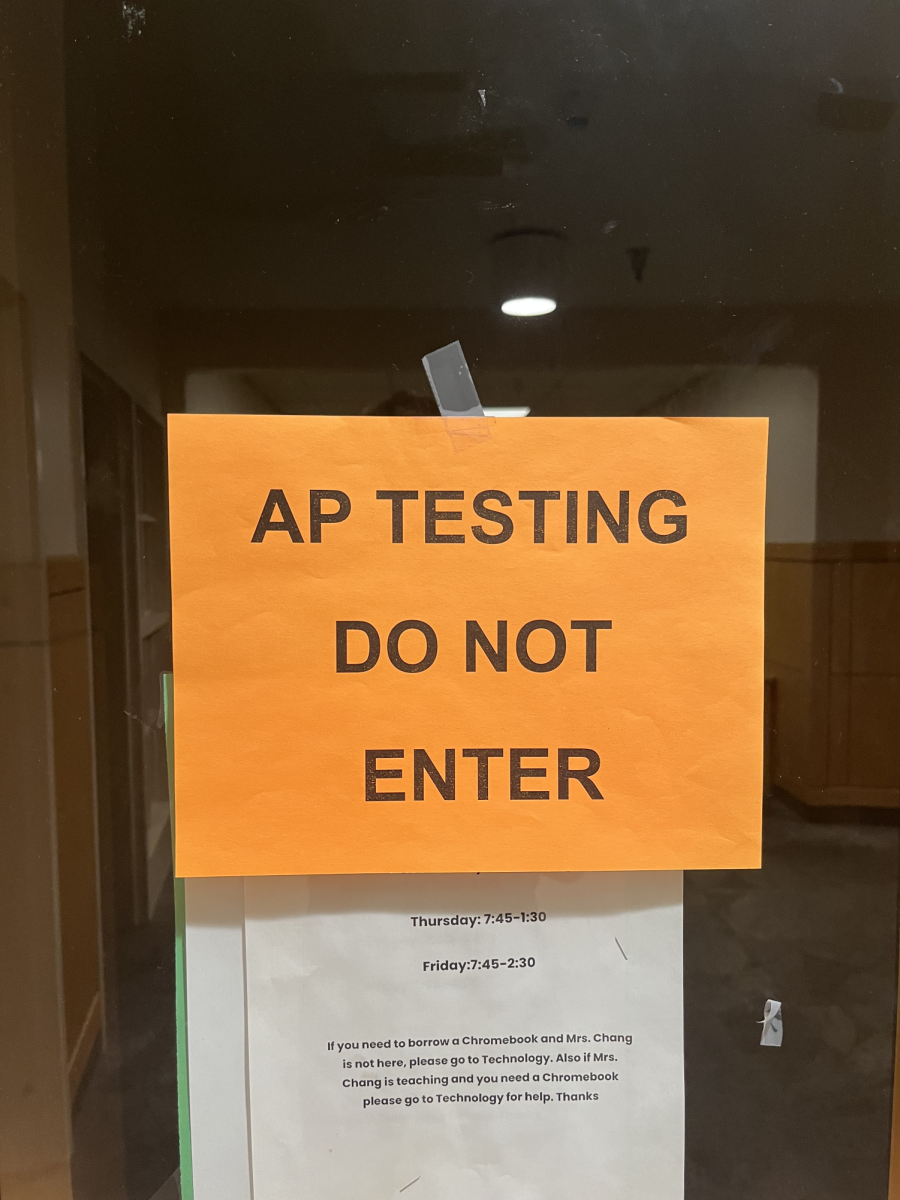Last school year, Yik Yak took over the school by storm, and almost everybody was talking about the most recent posts. Walking down the halls, in class, at lunch, and even at home, Yik Yak was the newest gossip. For months, Yik Yak became a part of high school life, but suddenly, the app came to a screeching halt. In early 2023, Yik Yak was banned for everyone except college students. Was this ban beneficial to our community, or did it take away something that got us talking to each other in the first place?
To find an answer to this question, an interview was done with a couple students to see what they thought of the ban. When asked if Yik Yak was more helpful or harmful to our school community, Shawn Clancy said: “There were times where it was a lot of fun, like messing with friends, but sometimes there would be some really nasty comments on there. Those types of comments are what gave Yik Yak a bad name.”
Another classmate Bradan Graney said: “The amount of tomfoolery enabled by Yik Yak created a useful source of entertainment and communication.”
Shawn’s opinion is one of many about Yik Yak, but what remains shared about the topic is that everyone was divided on it. Many quickly conclude that Yik Yak was horrible based on a few nasty comments, but others argue that point by talking about the five downvote feature. When a comment was downvoted five times, the comment would disappear. This feature helped remove some of the toxicity, but of course, many people would upvote toxic comments to keep them active.
To broaden the scope to the teachers’ opinions, I interviewed Jonathan Mitchell, the Principal of Ipswich High School. When Mitchell was questioned about his views on Yik Yak, he responded: “Overall, Yik Yak was more harmful than helpful. It accelerated rumors that negatively impacted school culture and sometimes even the mental health of individual students.”
These rumors that Mr. Mitchell mentioned were common occurrences on Yik Yak. Every time I opened Yik Yak, there was some gossip going around. Unfortunately, most of these rumors were very negative. Often, individuals at the school were called out for something to be made fun of on the app. This is why Yik Yak was harmful to many people.
The idea of an anonymous posting app seems interesting on paper, but Yik Yak showed us how that idea could go wrong. Another question I had was if Yik Yak was poorly handled or if the whole concept of an anonymous posting app was bad.
In my interviews I not only asked the participants if they thought Yik Yak was bad, but also if the concept of it was. When principal Jonathan Mitchell was asked for his views on the concept of an anonymous posting app he said: “Anonymous posting was a license for people to say mean things about each other and start unfounded rumors.”
When bullies harass people online, they hurt the individual they are bullying, but also themselves. Everything that a person says can be tracked and come back to bite them. The issue with anonymous posting is no one knows who said what. Yik Yak became a breeding ground for toxicity because cyberbullying had practically zero repercussions. Yes Yik Yak was enjoyable for many who used the app responsibly, but there were so many people who didn’t, resulting in the awful reputation the app got.
So, was Yik Yak more harmful than helpful? It comes down to what you think is more important. Sure, Yik Yak did help people get more in touch with our school community, but at most times to the detriment of other people’s mental health.








Ja • Dec 18, 2023 at 8:44 am
I think your opinion is very good
Amanda Sorensen • Dec 11, 2023 at 10:16 am
Positive